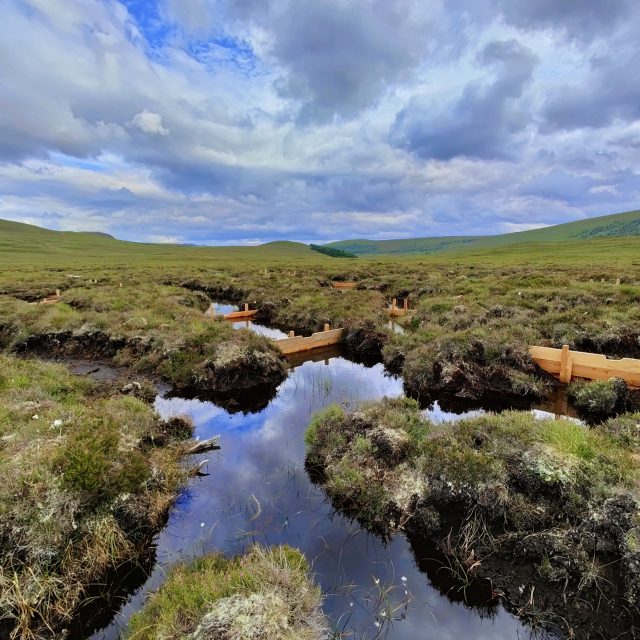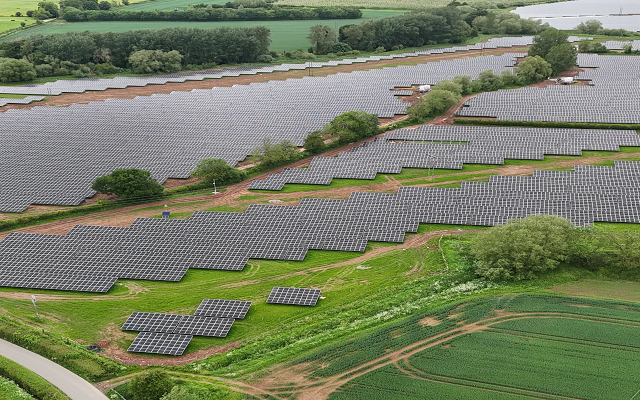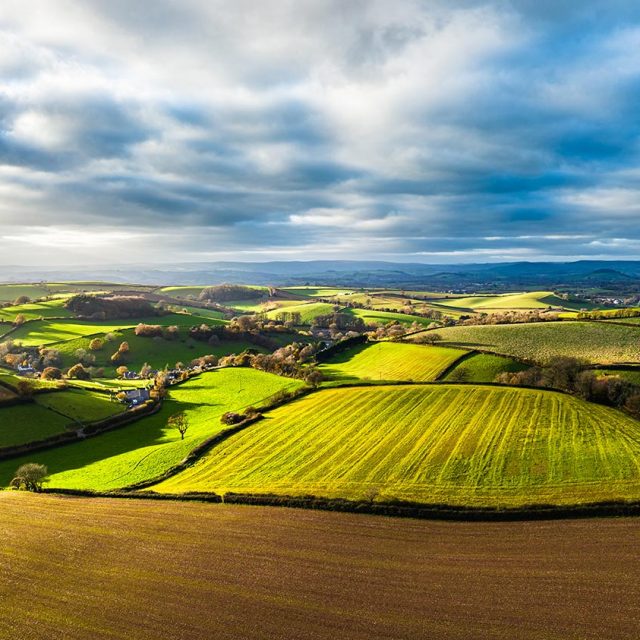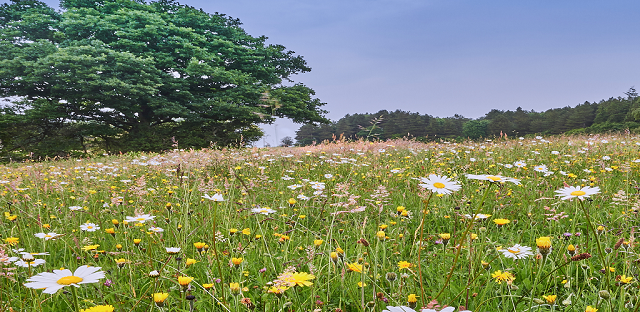Calls mount to reverse biodiversity loss and protect soils
Global progress – or lack of it – in halting and reversing biodiversity loss is in the spotlight, with the 16th UN Biodiversity Conference (COP16) scheduled to start on 21 October 2024 in Columbia.
In the run-up to the conference, a wave of reports and policy recommendations has emerged, which offer fresh insights on the UK’s environmental performance and progress in addressing the biodiversity crisis.
The following is a brief summary of three of these reports which may be of interest to UK rural land managers:
State of Natural Capital in England 2024
Natural England, the government’s advisor on the natural environment, says our approach to natural capital must change, given the economy and society’s reliance on many of the benefits provided by nature.
It calls for natural capital to become central to decision making, even where the decisions aren’t specifically about natural capital.
The State of Natural Capital in England 2024 report provides a comprehensive assessment of the state of different ecosystem assets and the important role they play in the wealth and health of society.
It examines different ecosystem assets – such as marine, woodlands, semi-natural grassland and enclosed farmland – and assesses the level of risk they face and the risk to the benefits they deliver.
All of the ecosystem assets, and almost all the benefits they provide, are classed at high or medium-high risk.
The report explains this poses a risk to the health, wealth and security of the country in a variety of ways. For example, degraded peatlands and damaged seabeds can release huge carbon stores. Declines in nature make the impacts of climate change worse, including flooding and soaring urban temperatures. Loss of pollinators is a threat to the crops which depend on them.
Natural England has described the document as the “first evidence-based and systematic answer” to what decision makers need to do and where it is crucial.
The report says as well as natural capital needing to be brought into the heart of decision-making, there should be large-scale targeted restoration of ecosystems and a reduction in the drivers of change causing nature loss.
It also argues that taking action to retore nature now will be cheaper and more effective in the long run.
Local to Global – the Global Biodiversity Framework and what the UK needs to do to implement it
The Wildlife Trusts, a coalition of 46 independent wildlife charities, has outlined urgent steps for the UK Government to address nature loss and achieve global environmental goals.
The report, Local to Global – the Global Biodiversity Framework and what the UK needs to do to implement it, highlights that UK efforts to enhance biodiversity are falling short, with the government on track to meet only four out of 40 domestic environmental targets.
Key recommendations include establishing a Land Use Framework integrated with planning processes to conserve and restore 30% of land by 2030. This framework would also address climate change adaptation and mitigation.
To support these goals, the report advocates increasing funding for Environmental Land Management (ELM) schemes, with 50-60% allocated to the Landscape Recovery component.
It also recommends reintroducing beavers in every English county and raising ambitions for Biodiversity Net Gain.
Reducing nutrient pollution by half by 2030 is another target, with suggestions to use ELM funding to incentivise the creation of better buffers on farmland to trap farm pollution.
Additionally, the report calls for a credible National Action Plan to reduce the use and risks associated with chemical pesticides by 2030.
Finally, it urges transitioning baseline environmental practices, like minimum water buffers and soil management, from voluntary measures to regulated requirements to ensure consistent environmental protection across all farms.
The Risks to Scotland’s Soils: A Scoping Report
Environmental Standards Scotland (ESS) has recommended the Scottish Government bring forward legislative proposals to protect Scotland’s soils.
Although Scotland has had a Soils Framework since 2009, it is not legally binding.
Other countries such as Switzerland and the US have introduced soil legislation which legally protect soils at a national level.
ESS’s report, The Risks to Scotland’s Soils: A Scoping Report, says more must be done to prevent further degradation of the country’s soil.
It is estimated that soil erosion, compaction and reduced crop yield caused by lower water retention, cost the Scottish economy up to £125 million per year, although the true cost of soil degradation is likely to be significantly higher.
For example, for every 1% increase in flooding associated with soil degradation there will be an increase in local authority flood damage costs of £2.6 million per year in addition to insurance claims of up to £75,000 per property for a single flood event.
The report says soil carbon stocks appear steady in Scotland, but compaction and erosion rates in Scotland are higher than in EU countries and the rest of the United Kingdom (UK).
Compaction is estimated to cost Scottish farmers over £25 million per year in crop losses and additional fuel use, and this could rise to over £70 million as compaction worsens.
It points out only about 7% of Scotland is classed as ‘prime agricultural land’, with 85% of farmland classed as a ‘less favoured area’ (LFA) and capable of supporting only mixed agriculture, improved grassland or rough grazing.
With so little prime agricultural land, it is crucial for Scotland to maximise the health of its agricultural soils to maintain food security.
The report also points to there being a lack of research on risks to Scotland’s soil and recommends that better data is needed to understand and protect this valuable resource.
Strutt & Parker has Farming and Natural Capital specialists who can advise on nature-friendly agri-environment scheme agreements, regenerative farming, river and peatland restoration projects. If you would like to know more, please get in touch with Joel Paterson.






